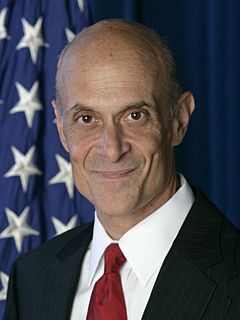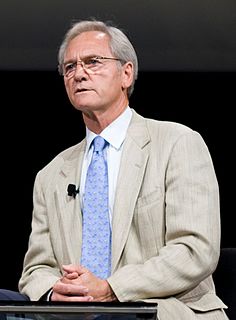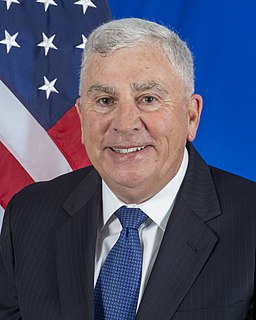A Quote by David Petraeus
Over the last few years they have done a superb job in their fight against al-Qaida. As you may recall, our embassy in Jedda (in Saudi Arabia) was overrun some four years ago and a number of foreign workers went home because of violence against them.
Related Quotes
Even the Interior Ministry in Riyadh was hit. Since then, the Saudis have employed a very intelligent and comprehensive approach to counter al-Qaida, including precise operations based on good intelligence, changes in their corrections facilities, superb strategic communications programs and a host of other initiatives - all of which, together, have helped Saudi Arabia achieve impressive results in their fight against extremists.
The ironic factor that is between the Houthis and al-Qaida, that is, they both have strong anti-American sentiment. For example, the slogan of the Houthis is death to America and death to Israel and God curse the Jews and victory to Islam. And besides that, there is very little in common between al-Qaida and the Houthis as far as ideology goes, but they see themselves as having a common enemy, which is America. And America is in a situation, where the Houthis are fighting al-Qaida quite viciously on the ground, yet now the Americans are allied with Saudi Arabia in strikes against the Houthis.
But one thing that we have done in the last four years is we have really put pressure on the leadership of this organization [Al Qaeda]. We have killed a significant number of leaders. We've captured others. Those that remain have to look over their shoulders, they have to be on the run. So that even if we don't manage to kill or capture them all within four years, what we do do is put the kind of pressure on them that makes them focus on their own skins, as opposed to carrying out attacks.
I have had a few rough patches in my life, but these last few years have been among the roughest. A few years ago, I left my job as host of the television show Extra. Our parting of ways was completely amicable; they were amazing to me. I had spent over a quarter of my life at that job, and without it, I felt like I had lost my compass. People didn't know how to introduce me anymore, because in L.A., you are your job.
I had been secretary of state for eight years, attorney general for four years, lieutenant governor for four years, and governor for four years - I had all these friends around the country - so I thought I could gin up a campaign not for me but against George W. Bush, against his war, against his economic policies, and against his education policies.
A decade ago, I lived in Saudi Arabia, in Riyadh, as the treasury attache to our embassy there, and I was, of course, on the ground in the Middle East whenever the Arab Spring started, and it's fast-forward a decade later, nine years later. It's hard to believe that I am still working on this issue. You know, here in the State Department.
And we remember the end of our combat mission and the emergence of a new dawn - the precision of our efforts against al Qaeda in Iraq, the professionalism of the training of Iraqi security forces, and the steady drawdown of our forces. In handing over responsibility to the Iraqis, you preserved the gains of the last four years and made this day possible.
For years, Lebanese have known that Palestinian camps like Nahr al-Barid and Ain al-Helwe - hopeless slums crowded with generations of disenfranchised Palestinian refugees who can't go home because of Israel, and can't work because of Lebanese laws - are awash with gunmen, criminals and, since the war in Iraq, al-Qaida inspired jihadists.
No one may threaten or commit violence ('aggress') against another man's person or property. Violence may be employed only against the man who commits such violence; that is, only defensively against the aggressive violence of another. In short, no violence may be employed against a non-aggressor. Here is the fundamental rule from which can be deduced the entire corpus of libertarian theory.



































